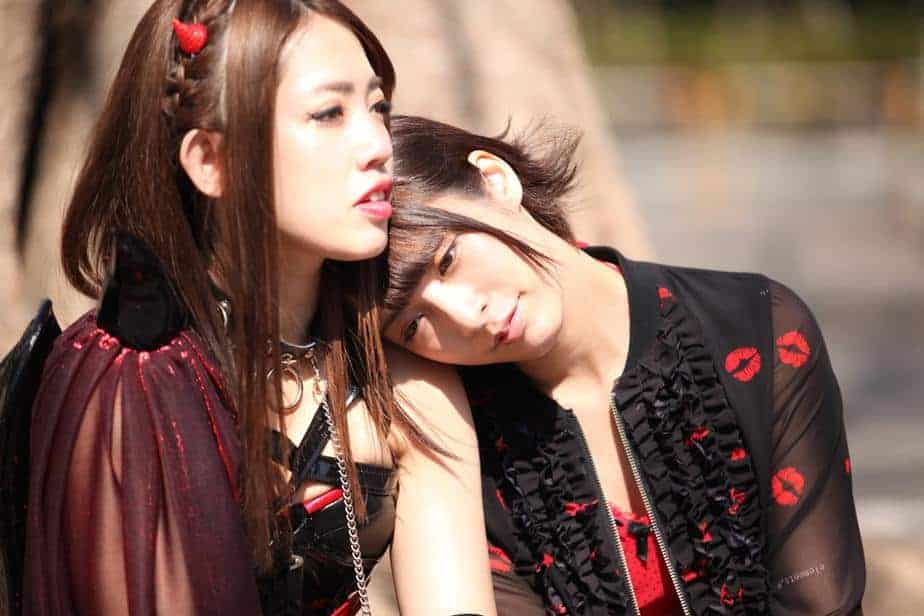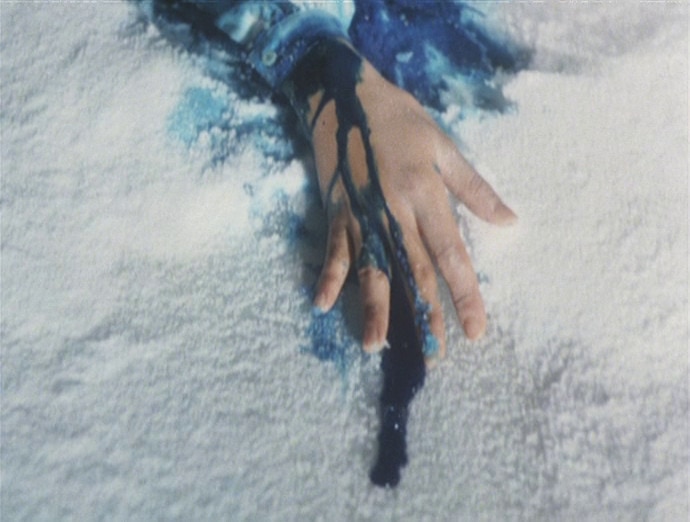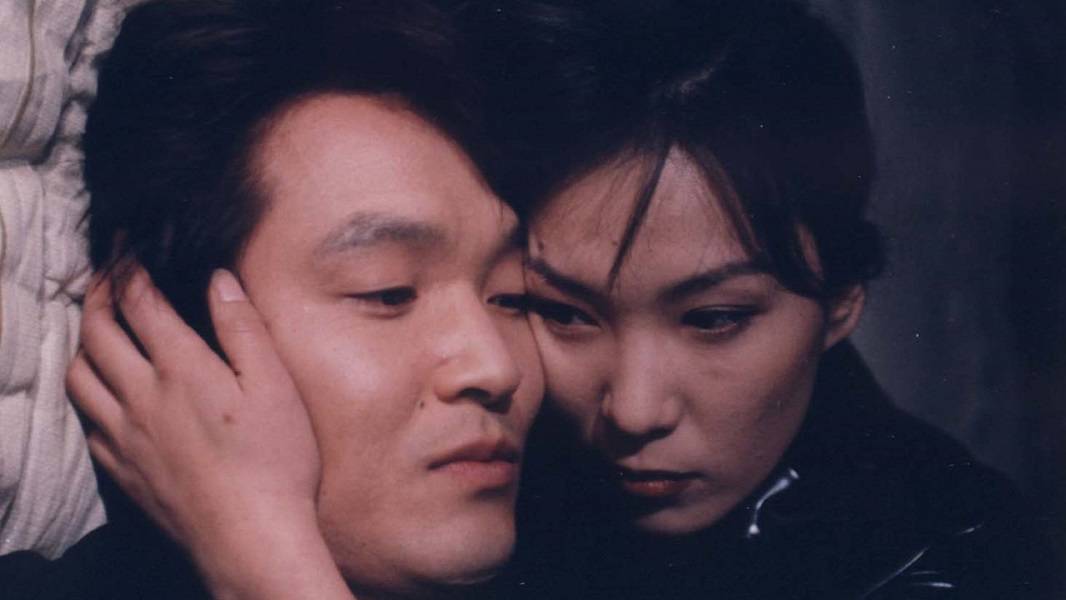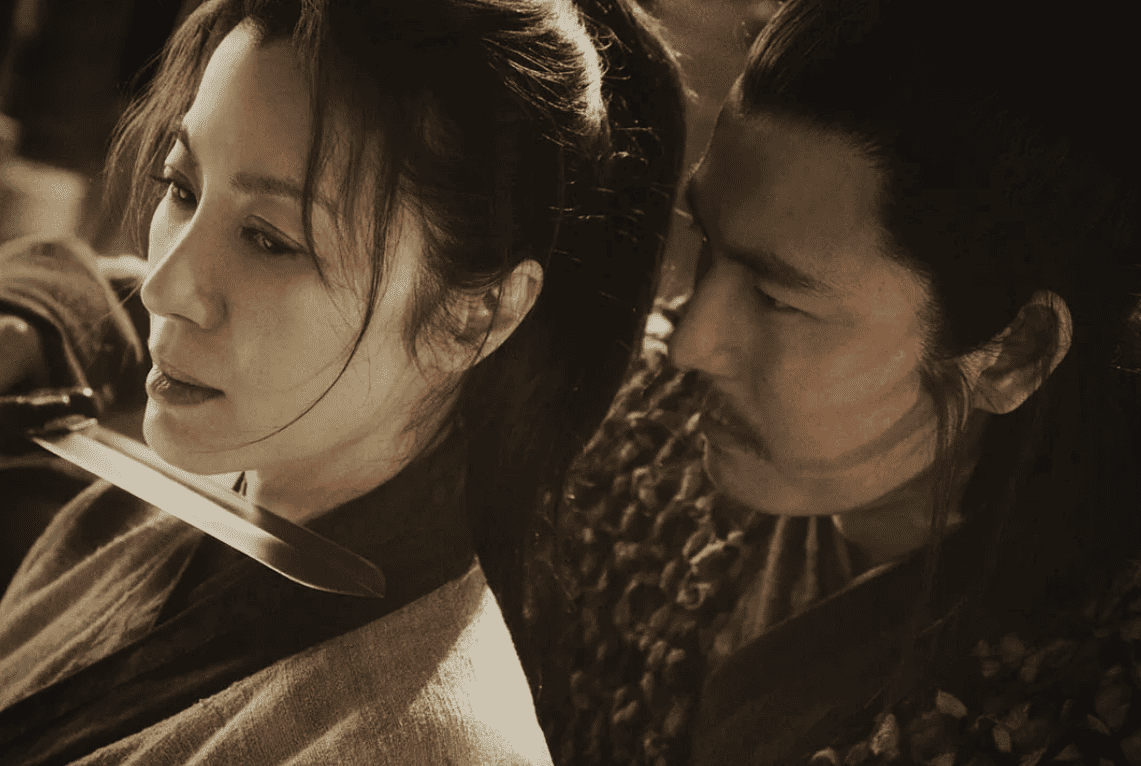Seven years after her autobiographical debut, “The Duckling”, Sayaka One returns to the seat of the movie director (and editor and cinematographer), with another, very interesting documentary, this time dealing with the sexual minorities in Japan.
Love and Wolbachia is screening at Nippon Connection

Through a number of interviews, and by following her “subjects” very closely, Ono makes a very thorough presentation of the LGBT community, highlighting the fact that the individuals that comprise it, are actually very different from each other, living totally different lives, despite their common wish, of becoming something else than what they were born. In that fashion, we witness people who have a very good relationship with their parents and others who do not, different ways of facing the Gender Identity Disorder (GID), as some indulge their wishes only in specific times, retaining a “normal” persona, mostly for professional reasons, and others have fully adopted the transformation. Other concepts include LGBT pop idols, a magazine about the community and in a rarely depicted on screen occasion, a 50-year-old trans man.
In order for these kind of documentaries to achieve their goals, trust must be established between the director and the interviewees, and Ono seems to have truly achieved that, as the various individuals in the documentary speak with utter sincerity, without holding anything back, both regarding the events in their lives and their feelings and psychology. Through this accomplishment, Ono has managed to shoot a very realistic documentary, which reveals with much detail the confusing and ambiguous aspects of sexuality.

Apart from all the above, “Love and Wolbachia” (wolbachia is a genus of bacteria, with the characteristic that its interactions with its hosts occasionally evolve to mutualistic rather than parasytic, with the documentary paralleling love with it) deals with the theme of love, presenting a number of love stories both between LGBT individuals and with ones that do not belong to the community. By presenting the agonies and their almost constant search for love, Ono manages to capture the complications of these relationships, again through a combination of thoroughness and sensitivity.
Her own and Takahata Yohei and Takazawa Shuntaro's cinematography moves along the same combination, as the team has captured a number of intimate moments, both inside their houses and outside. Ono's editing keeps the documentary flowing, although the succession of people presented can be a bit confusing at times, since the film focuses on a number of them.
“Love and Wolbachia” is a very interesting documentary, which manages to shed a very thorough light in a relatively unknown aspect of the Japanese society, through a combination of sensitivity and realism.















